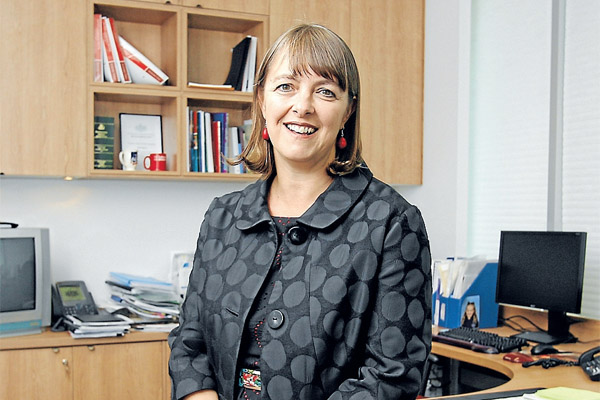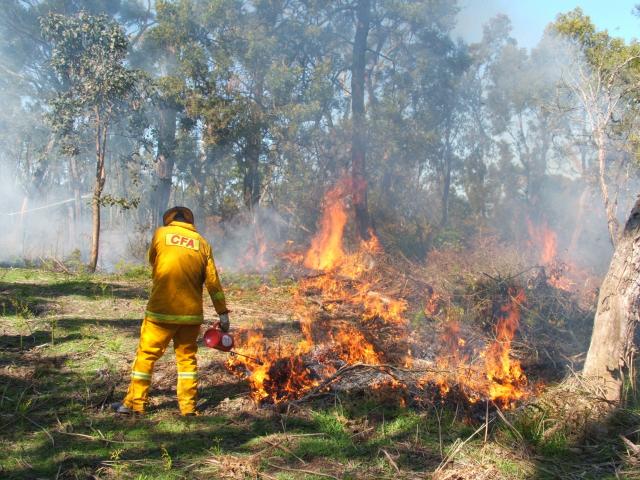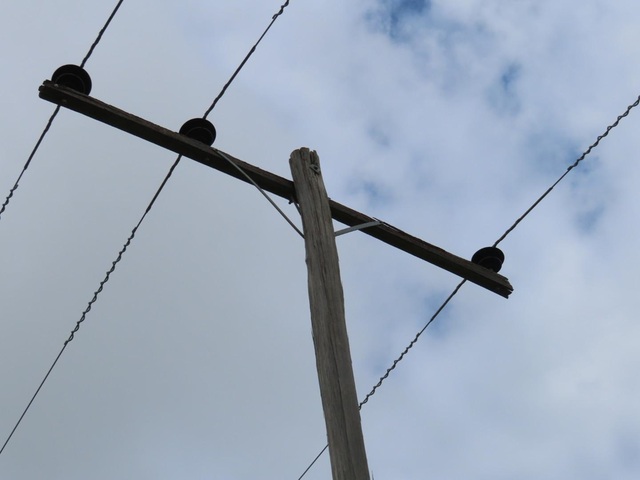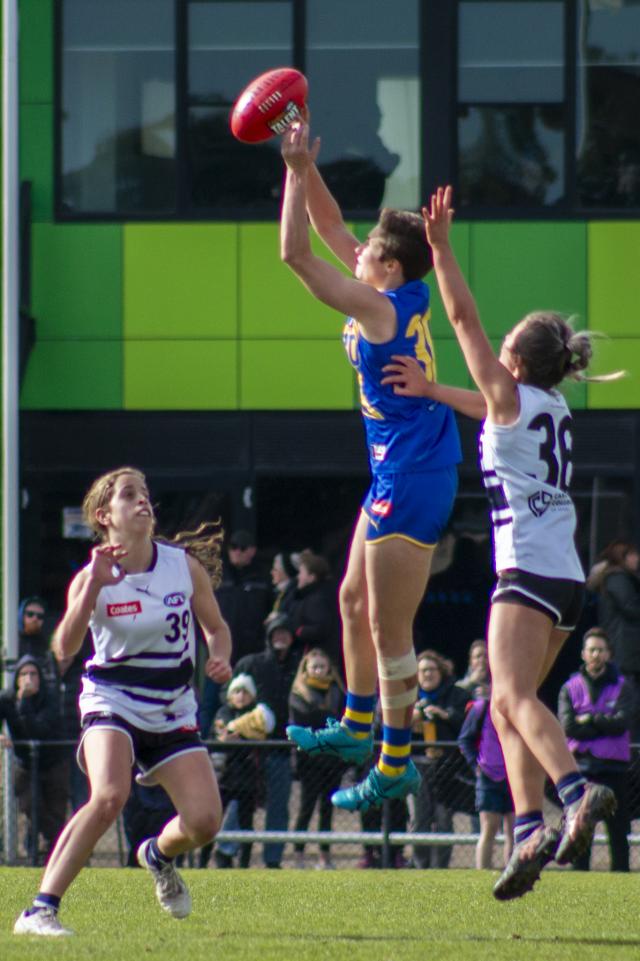JAPANESE whalers, tobacco companies and outlaw motorcycle gangs are all in the sights of the first woman to become Australia’s top lawmaker.
The granddaughter of a Polish Jewish immigrant, Nicola Roxon has risen to become Australia’s first female Attorney-General.
In an interview with the Weekly, the Gellibrand MP, who turned 45 on Sunday, says her family dynamic changed drastically when, as a young girl, she lost her father to cancer.
“I was 10, turning 11, when he died and my younger sister was only six months old,” Ms Roxon says.
“It fundamentally reshaped our family into a little independent unit with an incredibly strong mother.”
The Yarraville mother-of-one says she is “proud” of her gender.
She says the federal government can make a difference to women with things such as introducing new provisions in the criminal code to combat forced marriage.
“It’s a very strong Australian ethic that marriage should be between two equals, two happy, consenting adults … not have somebody be forced or intimidated or, perhaps, threats of violence used to get them to enter marriage,” Ms Roxon says.
“It’s quite a difficult issue because it’s a very hidden one and I suspect it’s not occurring in large numbers in Australia, but there have been a few reports on some fairly awful cases.”
Ms Roxon will vote for same-sex marriage when Parliament holds a conscience vote in coming months.
“I know that people have very, very different views and here in my electorate we have a lot of strong advocates for gay marriage, but we actually also have quite a lot of very active, particularly members of church organisations, who oppose it.”
I ask whether we can do a ‘word association’.
Queensland election? “Pretty grim,” Ms Roxon replies.
Kevin Rudd? “He was a good prime minister. He’s now on the back bench and I think that’s the best choice for Australia.”
Ms Roxon says she is confident Prime Minister Julia Gillard will take the ALP through to the federal election in 18 months, describing the recent internal battle as a “distraction”.
Tobacco companies? “Annoying. We’re due to be in the High Court in a month or so with the case that they’re taking against us: the plain packaging laws that were passed last year are now being challenged.”
Motorcycle clubs or gangs? “Well, that’s an interesting one,” Ms Roxon says.
Following a spate of drive-by shootings in Sydney this year, she and Justice Minister Jason Clare are looking into organised crime and what state legislation could be introduced.
Australian Defence Force sex scandals? “That’s a tricky one and there are worrying reports,” Ms Roxon says. “The sex discrimination commissioner in my portfolio has been doing work to look at the culture within the defence force and she’s made a lot of recommendations, which the defence forces are taking on board. But there is, I think, a lot of work to be done.”
We’re up to Japanese whaling, which shows the breadth of issues Ms Roxon deals with. A date is close to being set in the International Court for a case against the Japanese, which Ms Roxon will oversee.
ASIO also reports to Ms Roxon, who is responsible for areas such as counter-terrorism and combating extremism. Her role in matters of national security and freedom of information saw her come under fire last month for blocking the release of classified Department of Foreign Affairs and Trade cables from the 1970s.
They relate to an East Timor famine that killed tens of thousands more than 35 years ago, and Associate Professor Clinton Fernandes claims the cables have been blocked because they show Australia was complicit. Is it a baseless allegation?
“I’m not in a position to get involved in a
tit-for-tat about historical work that people
have spent their lives working on,” Ms Roxon says.
“I do need to look at whether there is going to be any risk involved in releasing information.
“I need to look at the advice that I get given and in that instance we’ve issued a certificate to say that information should not yet be released.”







